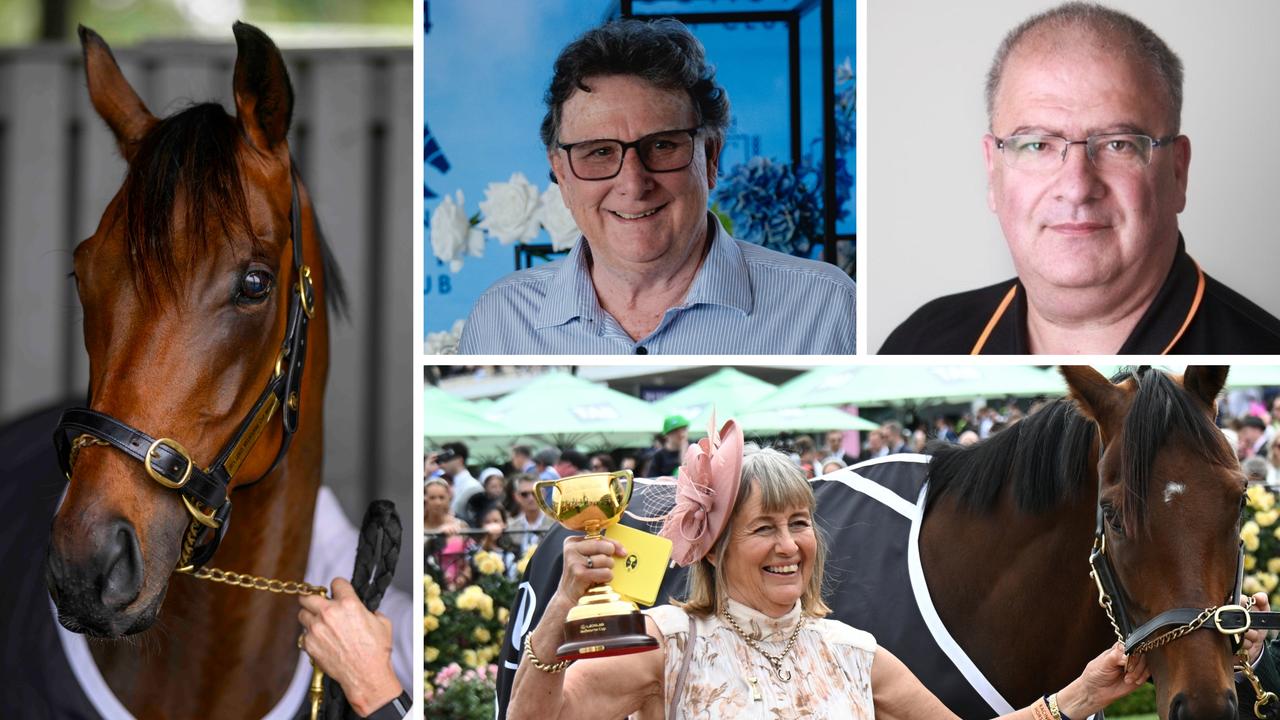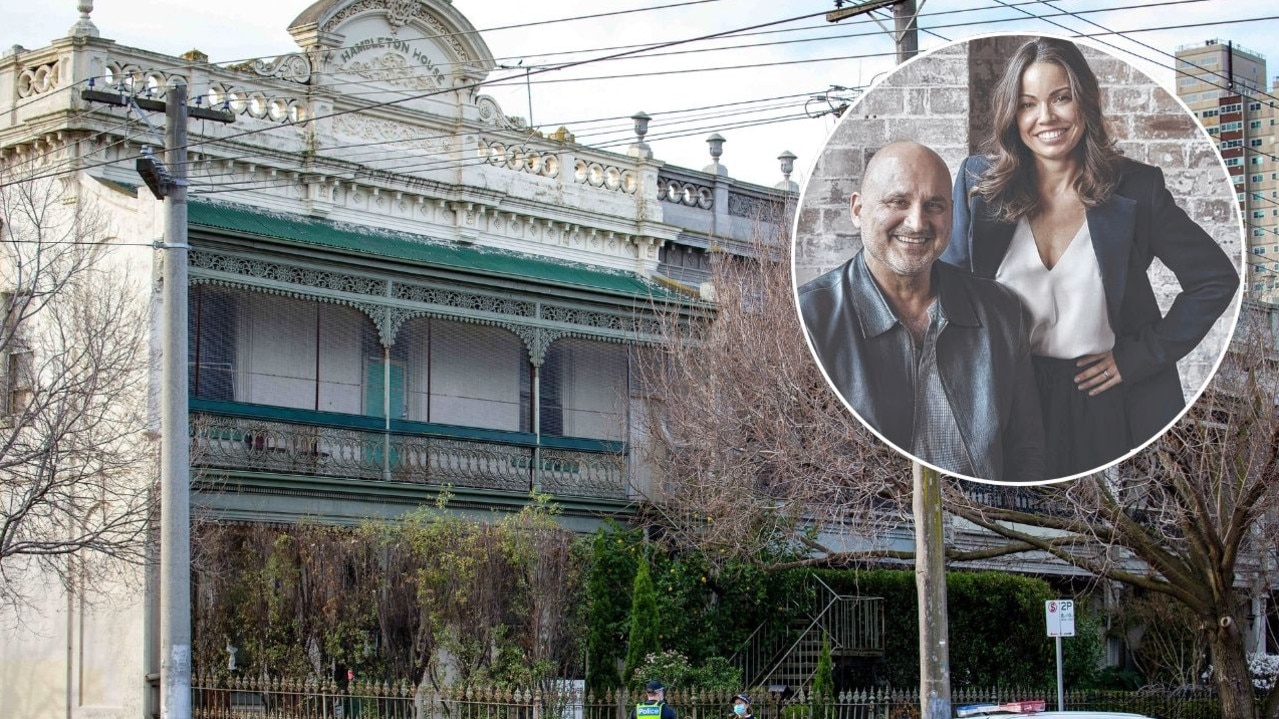Fulbright scholars aplenty at Tax Practitioners Board
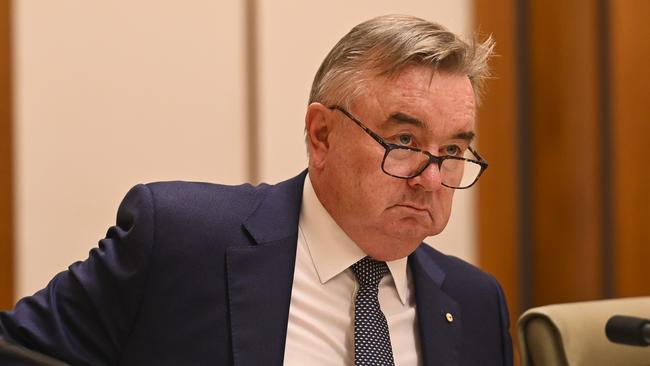
Before he was appointed chair of the Tax Practitioners Board in May, Peter de Cure double-hatted as a TPB director and as chairman of Fulbright Australia, the organisation that pays for people to study at American universities.
To be awarded a Fulbright scholarship is no small feat. It’s competitive, the application itself is cumbersome, and to be selected in Australia requires the approval of the local Fulbright board, de Cure having been its honcho for a time.
It was not for this reason that de Cure came to our attention on Wednesday. Instead, that was over a handful of archived tweets that seemed to diverge from his expertise in the provision of tax advice. For example, he took an unusually strong stance against former treasurer Wayne Swan (whom he called “misguided”) and rambled at TV host Waleed Aly, calling him a “loser” for no discernible reason.
No need to rake over all that again. We’re really more interested in how a Fulbright scholarship came to be awarded to a family member of TPB board appointee Judy Sullivan during a period when de Cure was still notionally in charge of the scholarships.
A former PwC tax partner, Sullivan joined the TPB board in October 2020. At that time, de Cure was coming to the end of his six-year tenure as Fulbright chair in Australia. He formally signed off three months later and passed the baton to Perth-based corporate figure Larry Lopez.
By then Fulbright applications for the 2021-22 financial year had closed and deliberations on their merits were under way. No suggestion of any wrongdoing here, of course – or that the honour itself wasn’t appropriately conferred – but one might describe it all as serendipitous.
We asked de Cure and the TPB for a response, specifically as to whether any conflict was declared during the process, but no remarks were provided.
Pay vow falling flat
Margin Call reported this week on a very awkward financial inconvenience at David Collard’s Scale Facilitation, the start-up investment firm that’s promising the world in battery technology but seems to be behind on paying its own staff in Australia.
Scale told us on Tuesday that personnel would have their salaries in the bank by Thursday. As of last night that appeared to be in some doubt, with the company not responding to questions as to whether that had happened or not.
Contractors and suppliers are similarly waiting on outstanding invoices, and lease payments on Scale’s proposed Geelong factory site, where the company wants to make batteries, are also currently in arrears.
It seems they’re not the only lot banging the table about their missing dinero. Back in March, Scale chief of staff James Fatone posed up with Deakin University vice-chancellor Iain Martin and the university’s Svetha Venkatesh holding an oversized novelty cheque for $10m, intended to be committed to AI research over five years.
The cheque was made out to the university’s Applied Artificial Intelligence Institute, whose head of translational research, Rajesh Vasa, is an adviser to the Scale board. Maybe he can figure out what’s happened to the cash, which is similarly missing.
“No payments have been received,” said Ross Mahon, executive director of Deakin Research Innovations. “Deakin’s discussions with Scale Facilitation on this collaboration proposal are ongoing.”
Ongoing? Aren’t those details usually bedded down well before the big announcements are made public, per the university’s own press release of March 3? No response from Scale on that matter, either.
Muppet show
Andrew Forrest thinks Tesla CEO Elon Musk is a bit of a “muppet” because he keeps rubbishing hydrogen fuel-cell technology.
So went Forrest on the stage of a Bloomberg conference in Morocco on Tuesday, where he said “anyone, including Elon, including, you know, whoever you like, who says hydrogen hasn’t got a massive future, are muppets”. This assessment was accompanied by Forrest bouncing in his seat and waving his hands in imitation and likeness to an actual muppet. Host Erik Schatzker appeared to almost shake his head with bemusement.
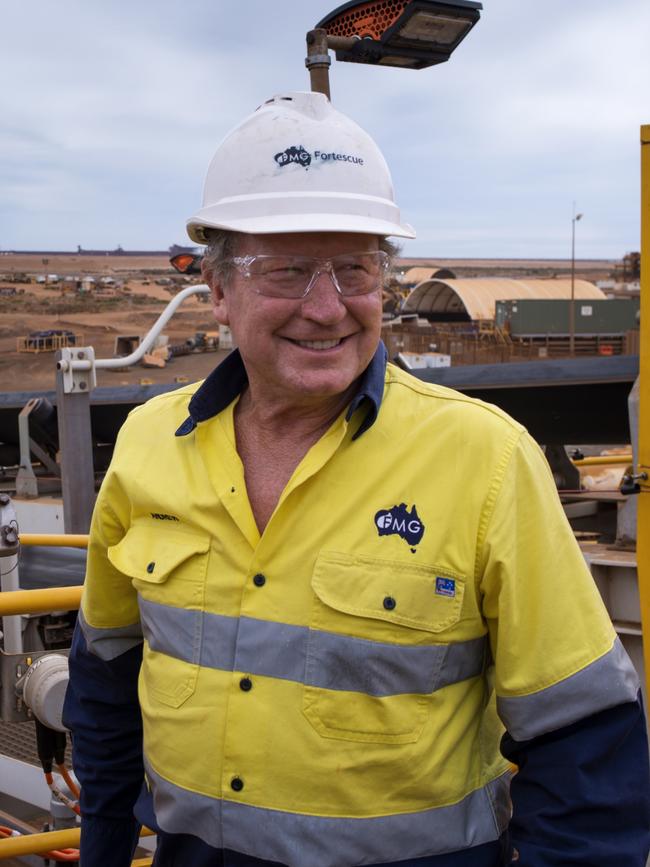
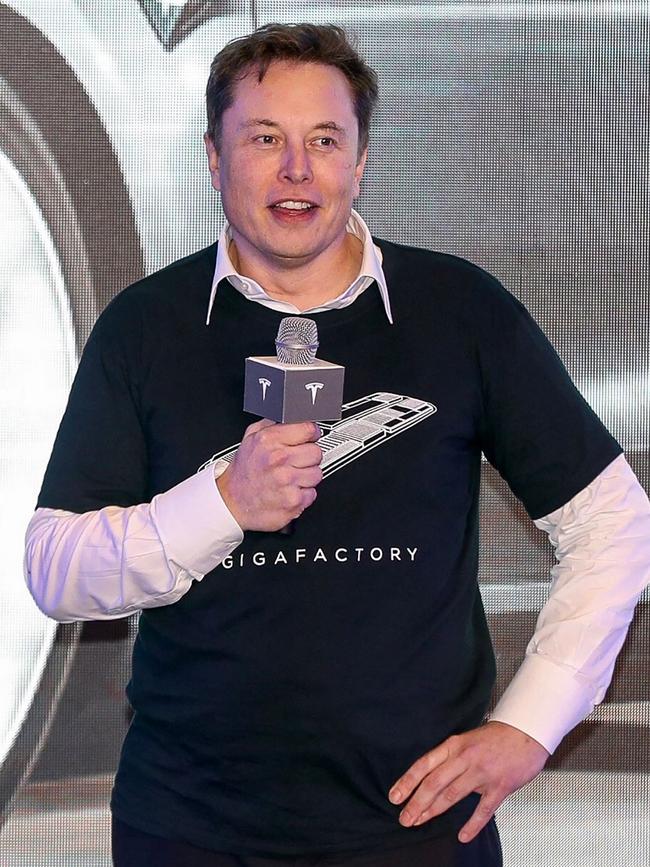
Musk has been asked enough times about hydrogen and has called it a “bad choice” for energy storage and, in the case of liquefied hydrogen, “the most dumb thing that I could possibly imagine” due to the amount of energy required.
Most confusing of all, however, is that Forrest’s director of decarbonisation at Fortescue Future Industries, Christiaan Heyning, was almost overlapping him on a stage at another event in Perth where he was spruiking batteries for use in trucks and, on our reading, almost trashing the role of hydrogen.
“Certainly this decade batteries in trucks are going to be the most favourable solution,” he said. “Hydrogen requires triple (the) amount of power to do it, so you need a lot more generation capacity, a lot more land disturbance, and more transmission, so there’s a lot of inefficiencies.”
Forrest, remember, has previously said that his own trucks at Fortescue would be running on “green energy” by 2030, and presumably he was referring to hydrogen. So what does that make Heyning?
Cart before horse
A fine example of cart before the horse going on at the Australian Human Rights Commission.
Recruitment has started for a personal assistant to the Sex Discrimination Commissioner, except there isn’t one. The position still hasn’t been filled by the Albanese government since Kate Jenkins ended her seven-year term in April, even though applications closed four months earlier.
Frankly, it would seem a commissioner in this space might be rather germane at the minute considering the gravity of allegations being ventilated in parliament, namely by senator Lidia Thorpe and others against David Van, formerly of the Liberal Party room.

